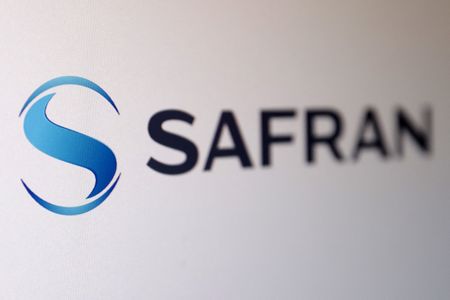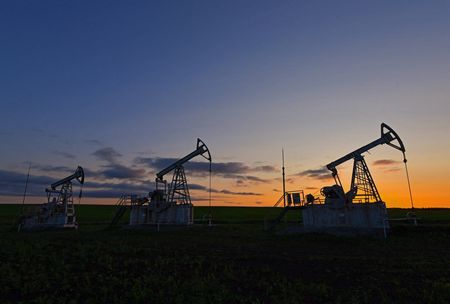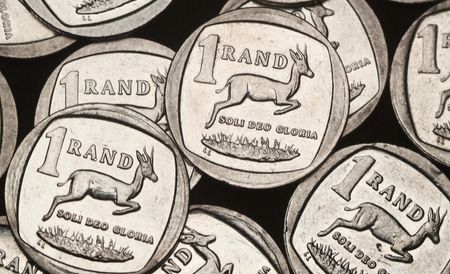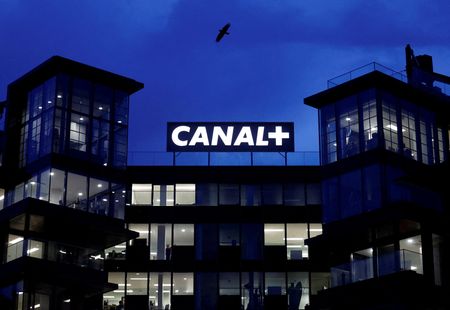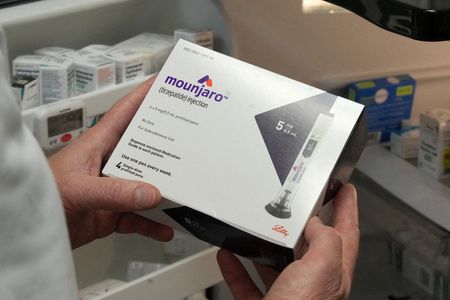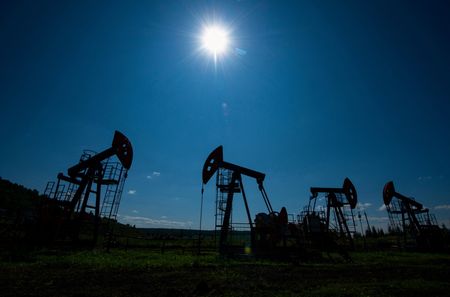(Corrects paragraph 3 to say 200 million euros and paragraph 9 to say 120 million euros)
By Ahmed Eljechtimi and Tim Hepher
RABAT/PARIS (Reuters) -French aerospace group Safran signed deals with Morocco on Monday to set up a new engine assembly line for Airbus jets and a new maintenance and repair plant near Casablanca, company officials said.
Morocco has encouraged investment by aerospace suppliers in recent years, hoping to match its success in car manufacturing by creating hubs to shorten supply chains and share expertise.
Safran will invest 200 million euros ($231 million) to build the assembly line, which will supply 25% of the company’s Airbus-related output or 350 LEAP-1A engines annually, Chair Ross McInnes said.
“This will be Safran’s only assembly line outside France and will be ready in 2028,” McInnes said, following a signing ceremony chaired by King Mohammed VI.
Safran co-produces LEAP engines with GE Aerospace through their CFM International venture. The LEAP-1A competes with Pratt & Whitney to power the Airbus A320neo, while the LEAP-1B is the sole engine on the Boeing 737 MAX. A third variant, the LEAP-1C, is used by China’s COMAC for its C919.
The CEO of partially state-owned Safran, Olivier Andries, said in a telephone interview that Morocco had been chosen in part for its “economic stability,” comments likely to resonate in France which is facing a budget crisis.
Morocco, where Safran already has several facilities, has a workforce with ample skills and the expansion is part of efforts to increase the resilience of Safran’s supplies, he added.
Until now, Safran’s Villaroche plant outside Paris has supplied virtually all Airbus LEAP-1A engines, with the capacity of as many as 1,000 engines per year spread between three lines.
MOROCCO EXPORTS
The maintenance and repair plant will be operational in 2027 for a total investment of 120 million euros and an annual capacity of 150 engines, McInnes said.
The latest investments follow wider business deals in the wake of last year’s visit to Morocco by French President Emmanuel Macron, cementing ties after years of tensions.
“Safran’s new investments place Morocco among the few countries capable of producing complete aircraft engines,” said Industry Minister Ryad Mezzour, hoping the new facilities would attract additional suppliers.
Morocco has one of Africa’s most diversified economies and is the second industrial nation on the continent.
With 150 firms, Morocco’s aerospace sector employs 25,000 people. Its exports rose to 26 billion dirhams ($2.8 billion) in 2024 from 21.8 billion dirhams a year earlier.
“Safran’s plants will help Morocco double its aerospace industry exports,” the industry minister said.
To attract investors, Morocco offers incentives covering up to 30% of capital expenditures, along with access to real estate in specialised industrial zones such as Midparc, where Safran will establish its facilities near Casablanca’s airports.
“84% of operators in the aerospace sector are foreign investors,” employment minister Younes Sekkouri told Reuters.
Morocco has seven vocational training institutes for aerospace and plans to train 10,000 new talents, including in high-tech industry segments, by 2030, he said.
Boeing is among aerospace companies that have also historically spearheaded aerospace investments in Morocco, where Royal Air Maroc is in the process of renewing its fleet.
($1 = 0.8647 euros)
($1 = 0.8642 euros)
(Reporting by Ahmed El Jechtimi, additional reporting by Tim Hepher; Editing by Lisa Shumaker and Richard Chang)

